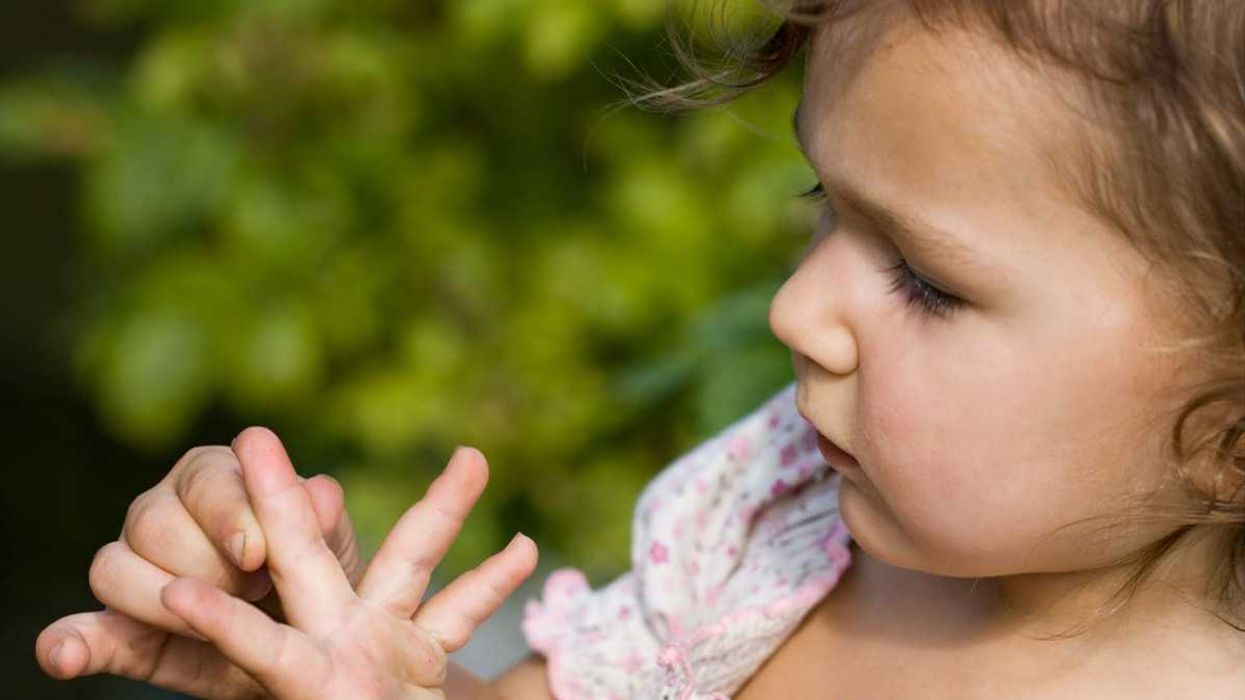While the remarkable (and unlikely) winners of the Boston Marathon are celebrated, most of the remaining runners finish in relative anonymity.
However, Mary Shertenlieb has garnered attention for her amazing effort to complete the race both for the circumstances under which she persevered and the money she raised when she became the last runner to finish the course, 13 hours after she began. A three-time cancer survivor, the 42-year-old competitor raised more than $43,000 in pledges for her effort, all benefitting the Dana-Farber Cancer Institute, where she had received treatment as a leukemia patient.
To complete the challenging 26.2-mile course, Shertenlieb took frequent breaks to eat and warm up amid the harsh conditions. She received her medical staff’s blessing to run the race but was warned by doctors to stop if she felt overwhelmed or exhausted.
At mile 15, amid concerns of hypothermia, her husband suggested they take a break, return home, shower, eat, and then reevaluate her strategy. After a brief rest, Shertenlieb felt compelled to finish the remaining 11 miles, so with her husband by her side, she returned to where she left off on the course and they ran the race to completion. She finished at 12:18 a.m. as the last runner to cross the line, holding hands with her husband.
Speaking to Boston.com, Shertenlieb shared the moment of exhilaration as she finished the grueling course:
“I just burst into tears, I just couldn’t believe it. And I asked somebody, ‘Am I truly the last person to cross the finish line?’ and they said, ‘Yeah, you are.’ But I couldn’t have done it without my friends and family just really helping out. If somebody told me I was going to finish the marathon last and that I would be happy about it, I wouldn’t have believed you.”
Her husband, Rich Shertenlieb, a sports radio host on 98.5 The Sports Hub, documented their herculean second effort as they navigated the empty streets together in the dead of night.
Those inspired by her can continue to donate to her fundraiser to help beat cancer.


















 The Emergency Department.Photo credit:
The Emergency Department.Photo credit:  Little girl with a splinter.Photo credit:
Little girl with a splinter.Photo credit:  Woman on phone after car accident.Photo credit:
Woman on phone after car accident.Photo credit: 

 A hotel clerk greets a guestCanva
A hotel clerk greets a guestCanva Gif of Faye Dunaway' as Joan Crawford demanding respect via
Gif of Faye Dunaway' as Joan Crawford demanding respect via  An empty rooftopCanva
An empty rooftopCanva
 A road near equatorial Atlantic OceanCanva
A road near equatorial Atlantic OceanCanva Waves crash against rocksCanva
Waves crash against rocksCanva

 Two people study a mapCanva
Two people study a mapCanva Foggy Chinese villageCanva
Foggy Chinese villageCanva